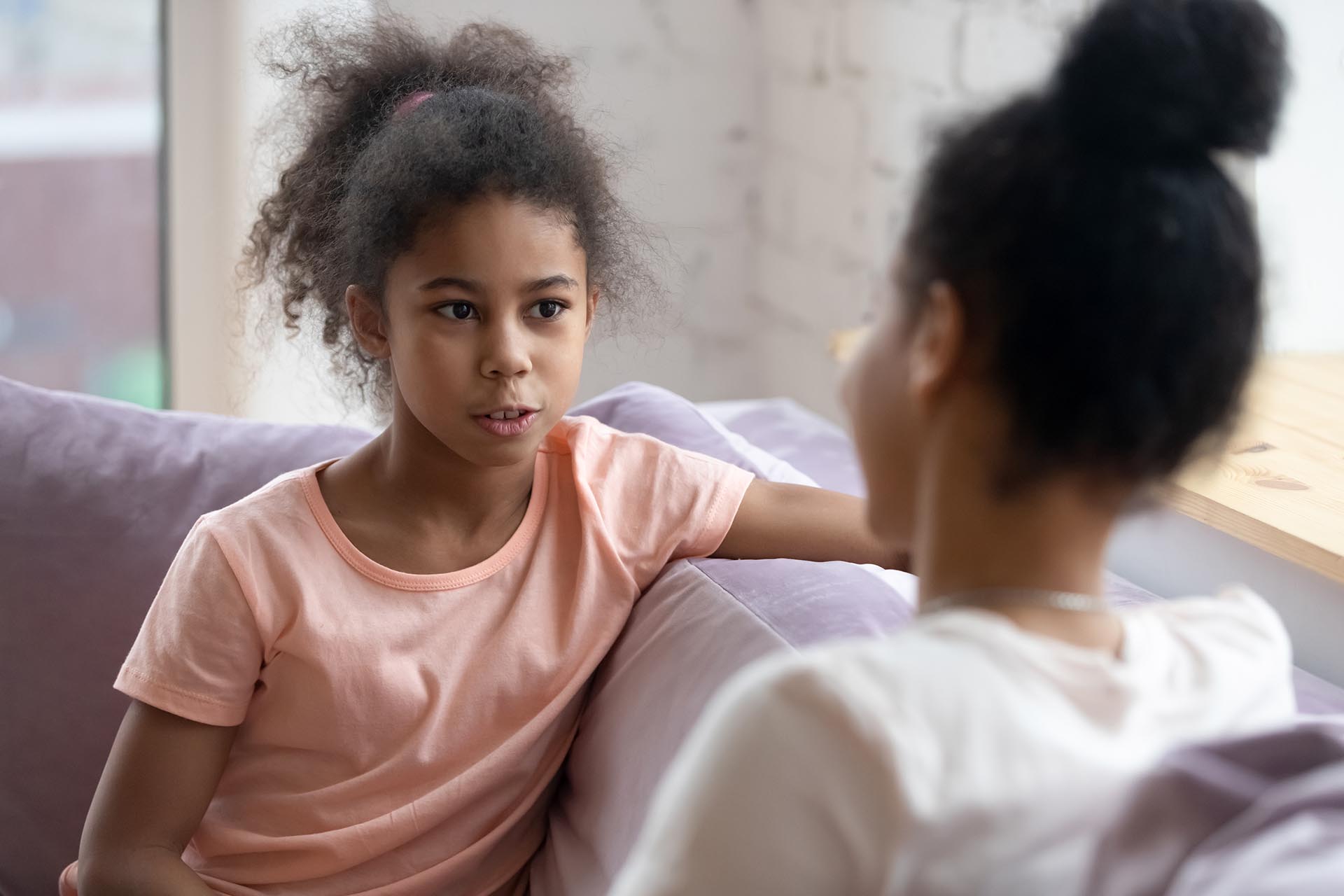You notice that your 15-year-old daughter has started skipping meals. What do you do?
While it’s Women’s Health Week, we thought we’d tackle an issue that’s on the rise in teenagers – particularly teenage girls. In Australia, 3% of girls and 1% of boys aged 14 and 15 met the diagnostic criteria for anorexia and bulimia. And the rates for teens who don’t meet the criteria, but who still show early signs for these disorders or worrying thought patterns are much higher. One study showed that, of the 14- and 15-year-old participants, 54% of girls and 19% of boys said that they had been afraid of gaining weight in the last four weeks. Forty-three per cent of girls and 20% of boys said that they had felt that they had lost control of their eating or felt they had eaten too much in the last four weeks. Two-thirds of girls said that they would be at least a little concerned, and 15% said they would be really upset if they gained one or two kilograms in weight.
While this is a problem for all genders, due to sexism, objectification and beauty standards for women, girls most often take on the pressures to conform to thinness standards. Feeling the need to control eating can often be a sign of other pressures going on in a person’s life, like anxiety, stress or issues with mood. Like always, having a chat with your child about what’s going on with them is the best place to start. You can bring up that they’ve not been eating much at dinner, or that they’ve brought their lunch back home, and that you’ve noticed – but we don’t want to shame them or make them feel guilty. Just ask if there’s anything that’s making them feel stressed or upset at the moment. They might bring up a tangible problem that the two of you can work on together, such as stress about schoolwork or friendships. If their worries are more ongoing or abstract, such as generally feeling low or anxious, or if they say that there’s nothing wrong but keep persisting with these behaviours, it’s probably a good idea to look into professional counselling for them.
You could say, ‘I noticed that you haven’t been eating the lunches I’ve packed for you. And you didn’t eat much at dinner. Is there anything going on that’s upsetting you? Maybe at school? Sometimes, when we feel out of control about one thing in our lives, we try to control another part of it – like food. Can we talk about this now?’
It’s also time to seek professional help for your child if you’ve noticed they’ve drastically lost weight, they’re refusing to eat, are really struggling to eat, or are taking excessive measures to lose weight.
Don’t be afraid to talk to your child about society’s expectations of bodies and the types of bodies they see in magazines and social media, either. Starting young with these conversations and/or talking often will help them to view messages from the world around them more critically. Ask them if they think the bodies they see in the media are normal and achievable. Ask them if they believe this is the only way to be beautiful. Talk about what other kinds of beauty can look like. Talk about the importance of ‘inner’ beauty vs ‘outer’ beauty. Talk about how sexism tells women that their body is the most important thing they can offer the world. Challenge their misconceived ideas if they have any. It’s also important to watch our own behaviour around our children with these sorts of things. If they see us complaining about our weight, or talking negatively about other people’s bodies, they’ll take on these messages. It’s the same if they see us drastically restricting food intake. By role-modelling good behaviour around our kids, we can at least create a home environment that encourages a healthy relationship between our bodies and our hearts and minds.
Further reading
- ‘Eating disorders in children and young people’ via Better Health
- ‘Eating problems in mid‑adolescence’ via Growing up in Australia
- Parenting and mental health’ via Beyond Blue
- ReachOut (helping young people feel better)











